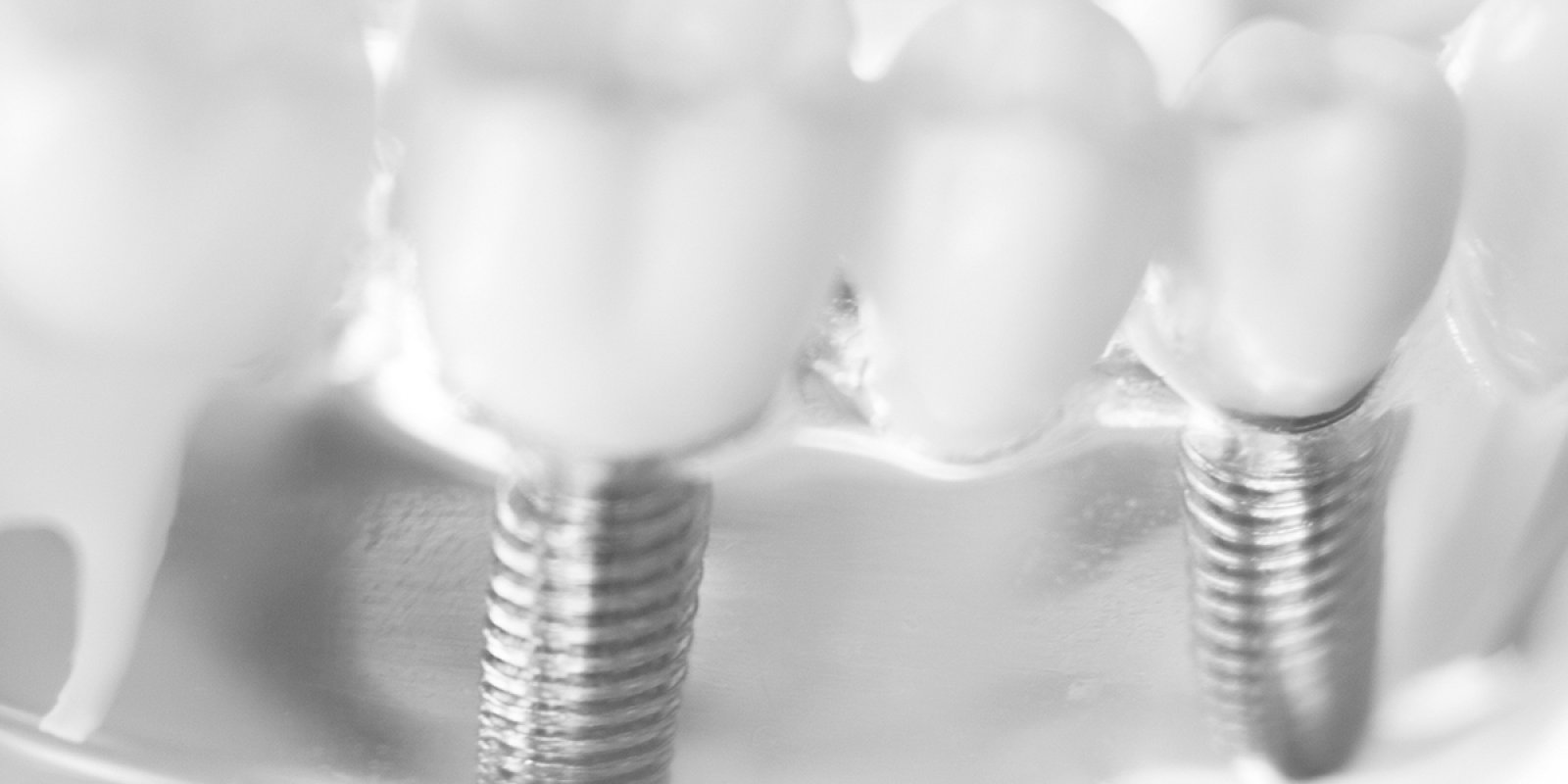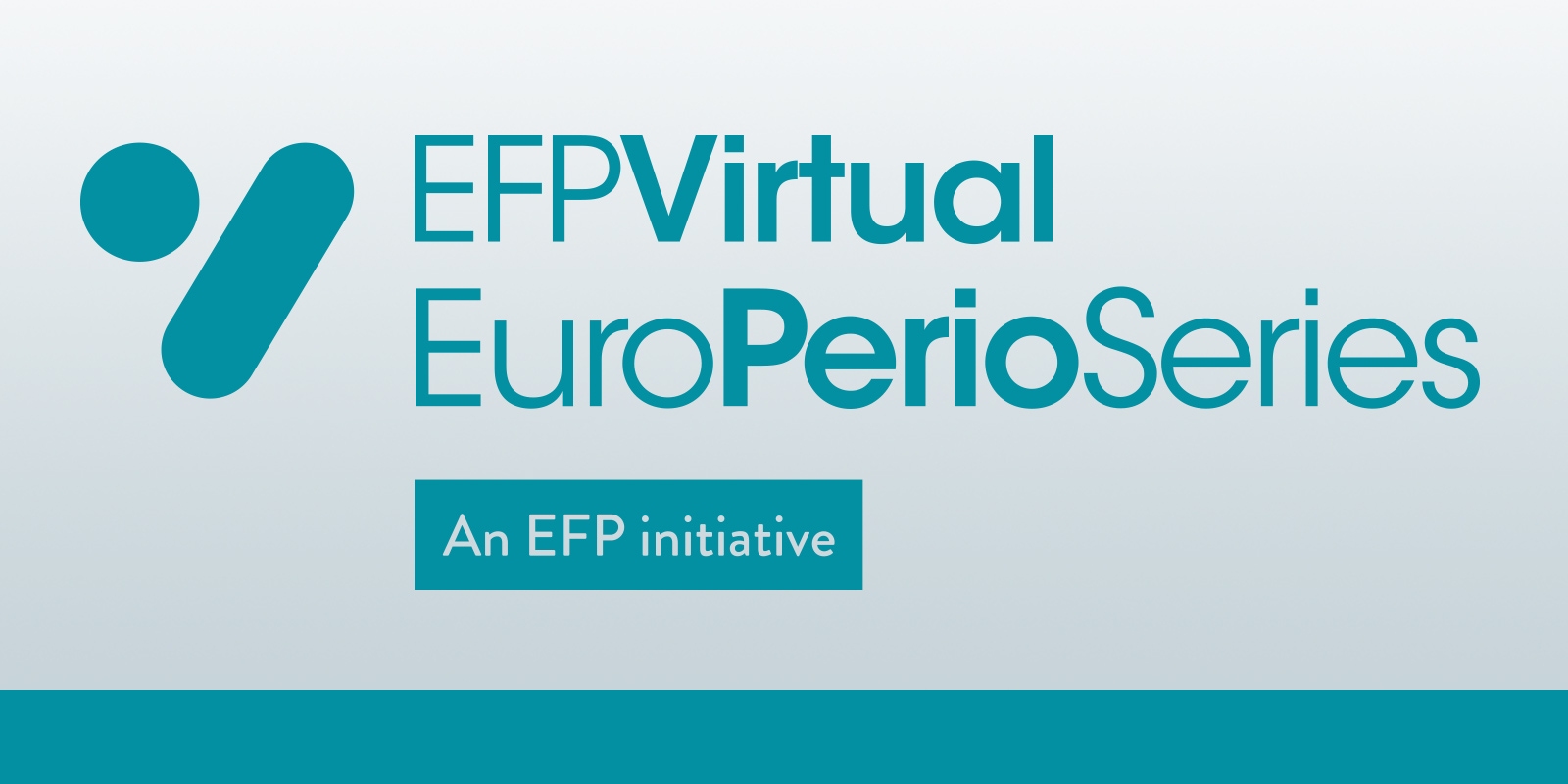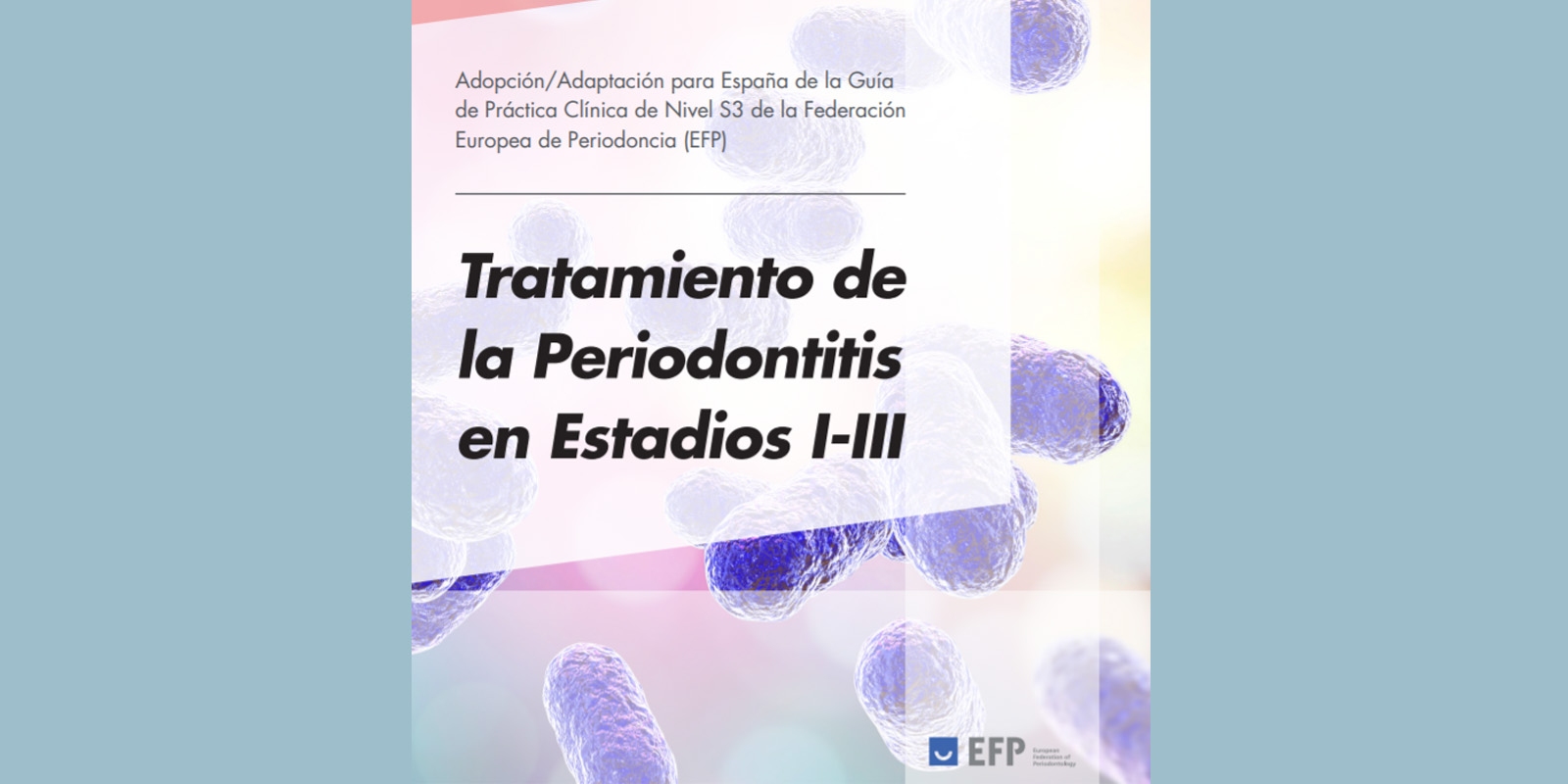DENTAID EXPERTISE
News for dentistry professionals
ARE GENETIC MARKERS AVAILABLE THAT PREDICT BIOLOGICAL COMPLICATIONS IN IMPLANT DENTISTRY?
03 Oct 2019

Regardless of whether they present other risk factors such as poor hygiene, periodontal disease, smoking or certain systemic diseases, are there patients with a greater likelihood of developing peri-implantitis due to genetic factors? Is it now possible to detect genetic "peculiarities" giving rise to risk in certain individuals?
Can we predict individual susceptibility to developing peri-implant disease via a simple procedure?
Asier Eguia del Valle Associate Professor at the University of the Basque Country (UPV/EHU). Associate member of the Spanish Society of Oral Surgery (SECIB).
INTRODUCTION
Improvements in the design of implants, in their physicochemical properties and in treatment protocols have led to a drastic reduction in osseointegration-related problems, observed initially in a significant number of cases. Although the most recent studies show that the rate of early failure does not exceed 1-2%(1,2), modern implant dentistry is currently facing the challenge of reducing the increasing number of cases of peri-implant disease(1,2).
In the complex aetiology of peri-implant disease, numerous local and systemic factors such as hygiene, smoking, periodontal disease, diabetes, and others, are involved(3,4).
Very briefly, all these factors apparently act via several mechanisms capable of stimulating the hyperproduction of proinflammatory cytokines and activating or increasing osteoclastic activity in the tissues surrounding an implant. Ultimately, this leads to the breakdown of the physiological balance of bone apposition and resorption in favour of increased resorptive activity in the peri-implant bone tissue(3,4).
Many aetiopathogenic factors can be conditioned directly and indirectly by genetic aspects that will determine the degree and relevance depending on the individual. They are part of what is known as "individual susceptibility", and explain the different biological responses of differing individuals to the same risk factors(3,4).
For example, epidemiological studies indicate that there are patients who appear to have a "certain predisposition" or increased risk of developing peri-implant disease. In these patients, failures tend to group together or “cluster” (cluster failure)(6). This issue has led many authors to wonder(3-6) whether this predisposition might be genetically conditioned, at least in part.
On the other hand, it would be of considerable importance to ascertain whether this predisposition can be detected or quantified. If so, the risk of a particular patient suffering from peri-implant disease could be determined in advance and diagnostic and therapeutic protocols established or adapted with the aim of reducing prevalence.
RESULTS
Several studies have been carried out in recent years in an attempt to fathom the relationship between certain genetic polymorphisms and peri-implant disease. A genetic polymorphism is a mutation in the DNA sequence, prevalent in a significant number of individuals in a population (more than 1%).
Most of the polymorphisms studied affect a single nucleotide and are called single-nucleotide polymorphisms (SNP). Studies have been carried out on their relationship with peri-implant disease, mainly those present in the genes involved in inflammatory responses and in the regulation of bone metabolism.
Genetic polymorphisms have proven to be of great importance in the aetiology of various autoimmune, neurological and oncological pathologies. However, in the case of peri-implant disease, there are still few studies, and the results are inconclusive(6-8). Of over 30 polymorphisms studied in relation to implant dentistry, there are indications that about a dozen of them may be in some way related to biological failures, including early failure, marginal bone loss, peri-implantitis or implant loss. See table 1.
The results vary according to the ethnic origin of the population studied for the same polymorphism. Most of the literature refers to initial studies with small sample sizes and different methods of homogenisation of the study groups. In most articles, a single polymorphism is analysed, while the possible synergistic effects between different polymorphisms have hardly been studied at all(7-11).
Despite this, the work done is promising and justifies the effort to continue researching in this area. It may be said that at present, this research is still in the development phase and is mainly experimental. Although there is not yet any "commercial procedure" that allows routine application in the clinic, the initial results suggest that in the future they could be part of daily practice.
Conclusions
There are indications suggesting that about a dozen polymorphisms may be related in some way to biological failure (early and late) in implant dentistry. Results vary according to the ethnic origin of the population studied, and most of the literature refers to initial studies with small samples sizes and different study group homogenisation methods.
There is not, as of yet, a reliable genetic risk biomarker for early failure or peri-implantitis based on the study of polymorphisms that is reproducible and ready to market for use by the general population. However, new studies with larger samples and careful methodologies will likely allow for the development thereof in the coming years. The search for possible synergistic effects between different polymorphisms may be another key for this development to be possible.
Bibliography
- Mombelli A, Müller N, Cionca N. The epidemiology of peri-implantitis. Clin Oral Implants Res 2012 Oct; 23 Suppl. 6: 67-76.
- Atieh MA, Alsabeeha NH, Faggion CM Jr, Duncan WJ. The frequency of peri-implant diseas-es: a systematic review and meta-analysis. J Periodontol. 2013 Nov; 84 (11): 1.586-1.598.
- Chrcanovic BR, Albrektsson T, Wennerberg A. Reasons for failures of oral implants. J Oral Rehabil 2014 Jun; 41 (6): 443-476.
- Albrektsson T, Canullo L, Cochran D, De Bruyn H. «Peri-Implantitis»: A complication of a foreign body or a man-made «disease». Facts and fiction. Clin Implant Dent Relat Res 2016 Aug; 18 (4): 840-849. (
- Dereka X, Mardas N, Chin S, Petrie A, Donos N. A systematic review on the association be-tween genetic predisposition and dental implant biological complications. Clin Oral Im-plants Res 2012 Jul; 23 (7): 775-788.
- Dirschnabel AJ, Alvim-Pereira F, Alvim-Pereira CC, Bernardino JF, Rosa EA, Trevilatto PC. Analysis of the association of IL1B(C-511T) polymorphism with dental implant loss and the clusterization phenomenon. Clin Oral Implants Res 2011 Nov; 22 (11): 1.235-1.241.
- Cosyn J, Christiaens V, Koningsveld V, Coucke PJ, De Coster P, De Paepe A, De Bruyn H. An exploratory case-control study on the impact of il-1 gene polymorphisms on early implant failure. Clin Implant Dent Relat Res 2016 Apr; 18 (2): 234-240.
- Liao J, Li C, Wang Y, Ten M, Sun X, Tian A, Zhang Q, Liang X. Meta-analysis of the associa-tion between common interleukin-1 polymorphisms and dental implant failure. Mol Biol Rep 2014 May; 41 (5): 2.789-2.798.
- Leite MF, Santos MC, de Souza AP, Line SR. Osseointegrated implant failure associated with MMP-1 promotor polymorphisms (-1607 and -519). Int J Oral Maxillofac Implants 2008 Jul-Aug; 23 (4): 653-658.
- Cury PR, Horewicz VV, Ferrari DS, Brito R Jr, Sendyk WR, Duarte PM, Shibli JA. Evaluation of the effect of tumor necrosis factor-alpha gene polymorphism on the risk of peri-implantitis: a case-control study. Int J Oral Maxillofac Implants 2009 Nov-Dec; 24 (6): 1.101-1.105.
- Melo RF, Lopes BM, Shibli JA, Marcantonio E Jr, Marcantonio RA, Galli GM. Interleukin-1β and interleukin-6 expression and gene polymorphisms in subjects with peri-implant disease. Clin Implant Dent Relat Res 2012 Dec; 14 (6): 905-914.
RELATED ARTICLES

17 Feb 2022
EuroPerio Series: professional discussions and scientific exchange
To keep the global perio community up to date with the latest research findings as well as give a taster of what is to come at EuroPerio10, the…

21 Jan 2022
Xerostomia in COVID-19 positive patients: clinical considerations
Severe Acute Respiratory Syndrome Coronavirus 2 (SARS-CoV-2) the cause of the pandemic known as COVID-19, affects different organs and systems (lungs,…

20 Jan 2022
A guide adapted to Spain to optimise the approach to periodontitis
There are currently numerous clinical practice guidelines to direct the treatment of many systemic diseases (such as diabetes, depression,…
Sign up for the DENTAID Expertise newsletter
Sign up for the newsletter